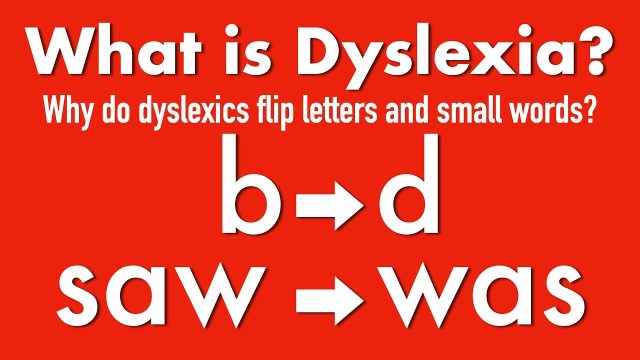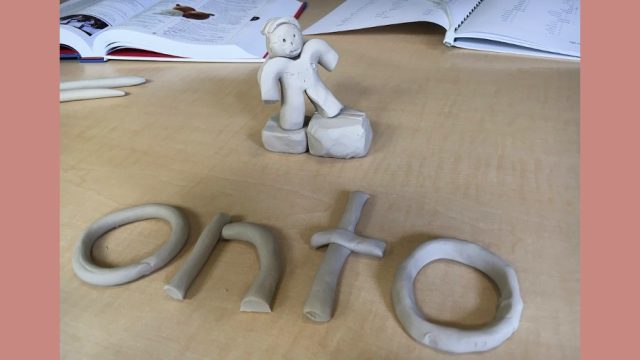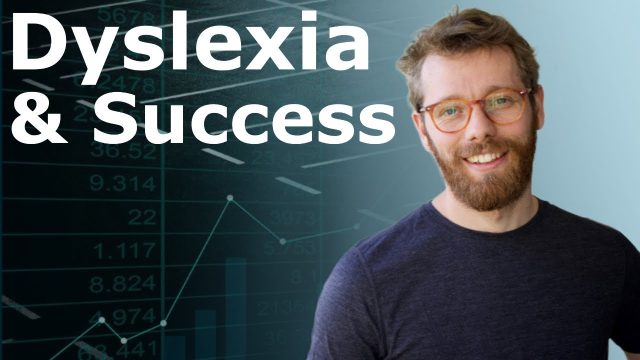Dyslexia’s Ongoing Impact in Adulthood
Explaining dyslexia is often done by focusing on the dyslexic himself or herself. One might say dyslexics have trouble with phonemic awareness or the short-term memory of the dyslexic is affected. Comments like these are valid; however, they level out the influence of the effects of the social environment.
Understanding the role of the social environment is important because it makes us realize that we are not the problem. A variety of factors come together, resulting in a child who has trouble learning to read and write.
When we try to explain adult dyslexia, we need to consider typical childhood experiences. Because our childhood has a significant influence on the way we see ourselves, others around us, and the world as a whole. As children, we learned coping strategies that helped us deal with our situation. While growing up, our circumstances change, but our coping strategies tend to remain the same regardless. Realizing what exactly your own patterns are is the first step in making a positive change for yourself, and I hope this video has helped you do that.
Here’s some of the literature I consulted to create this video:
- Betz, D., & Breuninger, H. (1993). Teufelskreis Lernstörungen: theoretische Grundlegung und Standardprogramm.
- Fuller-Thomson, E., & Hooper, S. R. (2015). The association between childhood physical abuse and dyslexia: Findings from a population-based study. Journal of interpersonal violence, 30(9), 1583-1592.
- Wissell, S., Karimi, L., Serry, T., Furlong, L., & Hudson, J. (2022). “You Don’t Look Dyslexic”: Using the Job Demands—Resource Model of Burnout to Explore Employment Experiences of Australian Adults with Dyslexia. International Journal of Environmental Research and Public Health, 19(17), 10719.
- Alexander-Passe, N. (2015). Investigating post-traumatic stress disorder (PTSD) triggered by the experience of dyslexia in mainstream school education. Journal of Psychology & Psychotherapy, 5(6), 1-10.









